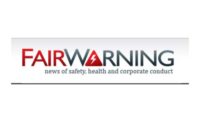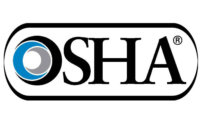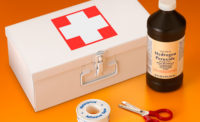Public safety
Evacuating everyone – including pets - in a wildfire

The National Fire Protection Association (NFPA) has launched video and resources for youth aimed at household pet and horse evacuation preparedness for a wildfire.
Youth who live in a U.S. wildland/urban interface community (WUI) with a wildfire risk strongly believe one of the most important and impactful contributions they can make to their family is helping prepare their household pets and horses to evacuate in the event of a wildfire or other natural disaster, according to NFPA’s 2012 report, “Engaging Youth in Reducing Wildfire Risk – Community Conversation Workshop Findings and Research.”
Being ready
While wildfire season occurs at different times throughout the country, just as humans prepare, it’s important to have household pets and horses ready year-round for a potential wildfire evacuation. Being familiar with what will happen in a wildfire evacuation, knowing how and when to leave, and building an evacuation kit for each animal increases the likelihood that all family members can leave safely and together when fires happen.
These newest resources are part of NFPA’s TakeAction campaign aimed at middle and high school students living in areas with wildfire risks, and encourage teens to get involved in projects that reduce these risks or post-fire impacts like flooding and mudslides where they live.
An extra level of planning
Preparing animals for an evacuation, however, requires an extra level of planning, preparedness and practice. TakeAction’s pet and horse evacuation resources provide animal safety tips, student resources and individual horse and pet checklists that include items like pet vaccination records, medication, ownership records and more.
About NFPA
Founded in 1896, NFPA is a global, nonprofit organization devoted to eliminating death, injury, property and economic loss due to fire, electrical and related hazards. The association delivers information and knowledge through more than 300 consensus codes and standards, research, training, education, outreach and advocacy; and by partnering with others who share an interest in furthering the NFPA mission. For more information visit www.nfpa.org. All NFPA codes and standards can be viewed online for free at www.nfpa.org/freeaccess.
Looking for a reprint of this article?
From high-res PDFs to custom plaques, order your copy today!






